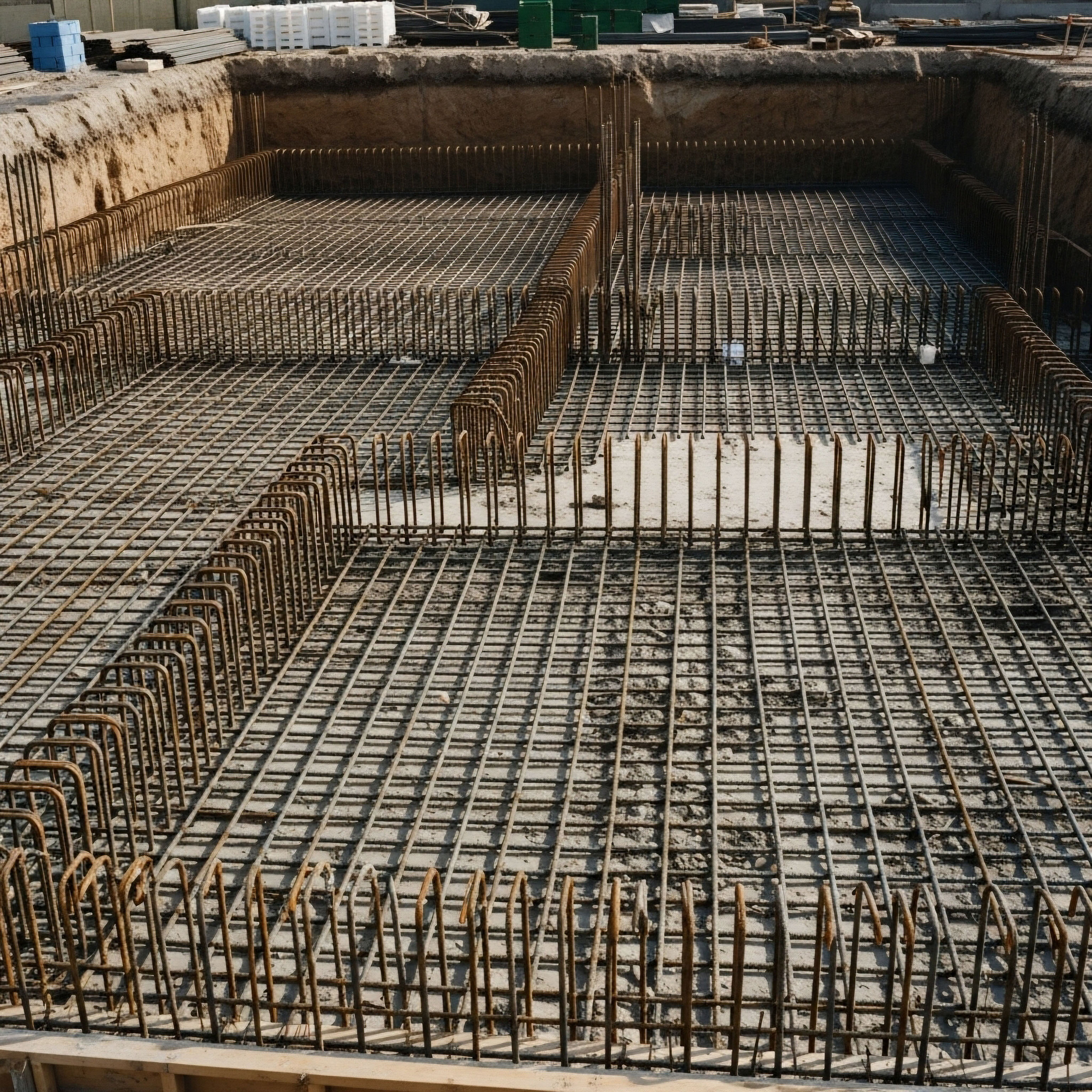The End of Post-Workout Confusion

Unlock unparalleled post-workout recovery and sustained vitality through advanced hormonal and peptide optimization, redefining your prime.
HRTioAugust 11, 2025



